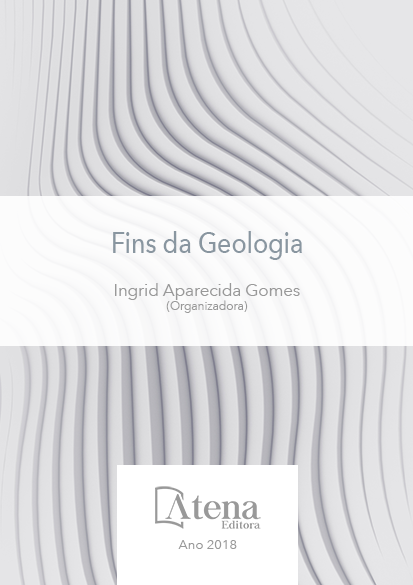
SEPARAÇÃO DE ASFALTENOS POR CROMATOGRAFIA EM PLACA PREPARATIVA E ANÁLISE POR GC-EM E SEUS BIOMARCADORES OCLUSOS
Asfaltenos presentes em amostras
de óleo da Bacia Potiguar, nordeste do Brasil,
foram isolados através de placa preparativa
modificada com nitrato de prata, e submetidos ao
tratamento oxidativo brando para a liberação de
possíveis biomarcadores ocluídos. As análises
cromatográficas por CG-EM mostraram que o
óleo livre e seus respectivos biomarcadores
ocluídos (dentro da estrutura do asfalteno)
apresentaram diferenças significativas,
especialmente com relação aos n-alcanos
e isoprenóides. Os resultados mostraram
que a liberação dessas espécies ocluídas,
remanescentes do óleo original, pode ser uma
ferramenta potencial para o estudo geoquímico
de óleos severamente biodegradados,
auxiliando na caracterização paleoambiental,
origem e maturação de óleos
SEPARAÇÃO DE ASFALTENOS POR CROMATOGRAFIA EM PLACA PREPARATIVA E ANÁLISE POR GC-EM E SEUS BIOMARCADORES OCLUSOS
-
DOI: 10.22533/at.ed.20918211210
-
Palavras-chave: Bacia potiguar, asfaltenos, hidrocarbonetos ocluídos.
-
Keywords: Potiguar Basin; asphaltenes; occluded hydrocarbons.
-
Abstract:
Asphaltenes present in Potiguar
Basin oil samples, northeastern Brazil, were
isolated by preparative plate modified with
silver nitrate, and subjected to mild oxidative
treatment for the release of occluded possible
biomarkers. The chromatographic analysis by
GC-MS showed that the free oil (in crude oil) and
their respective occluded biomarkers (present
in asphaltene structure) showed significant differences, especially with respect to n-alkanes and isoprenoid. The results showed
that the release of these occluded species, remnants of the original oil occluded in its
asphaltenic structures, may be a new tool for geochemical study of heavily biodegraded
oil, leading to better information maturation and origin source
-
Número de páginas: 15
- Sidney Gonçalo de Lima


